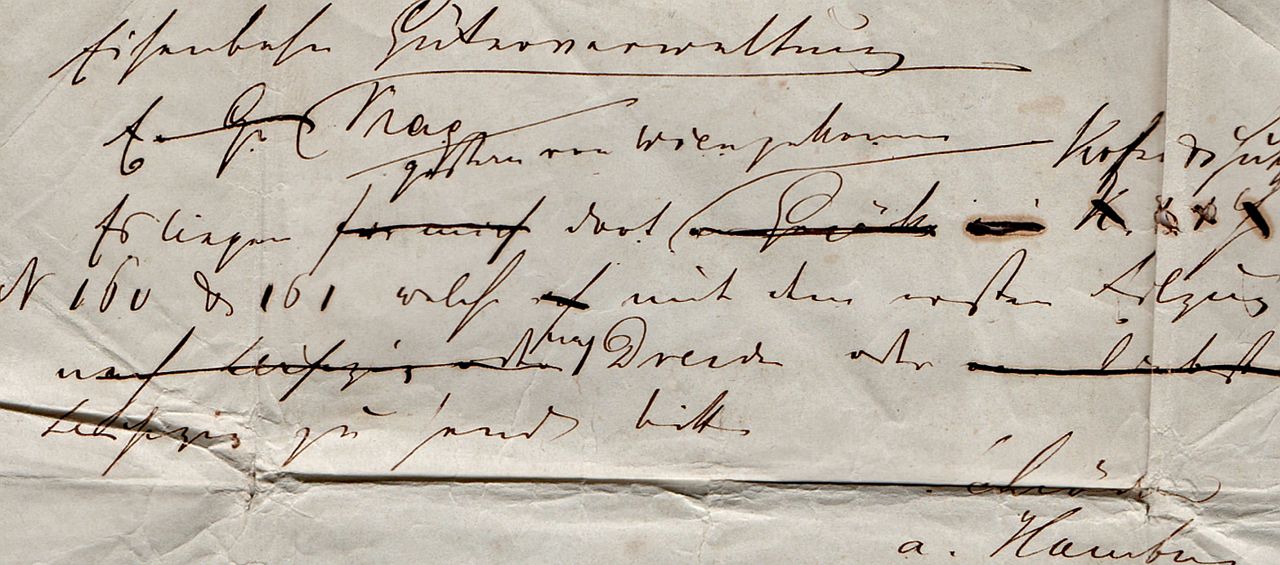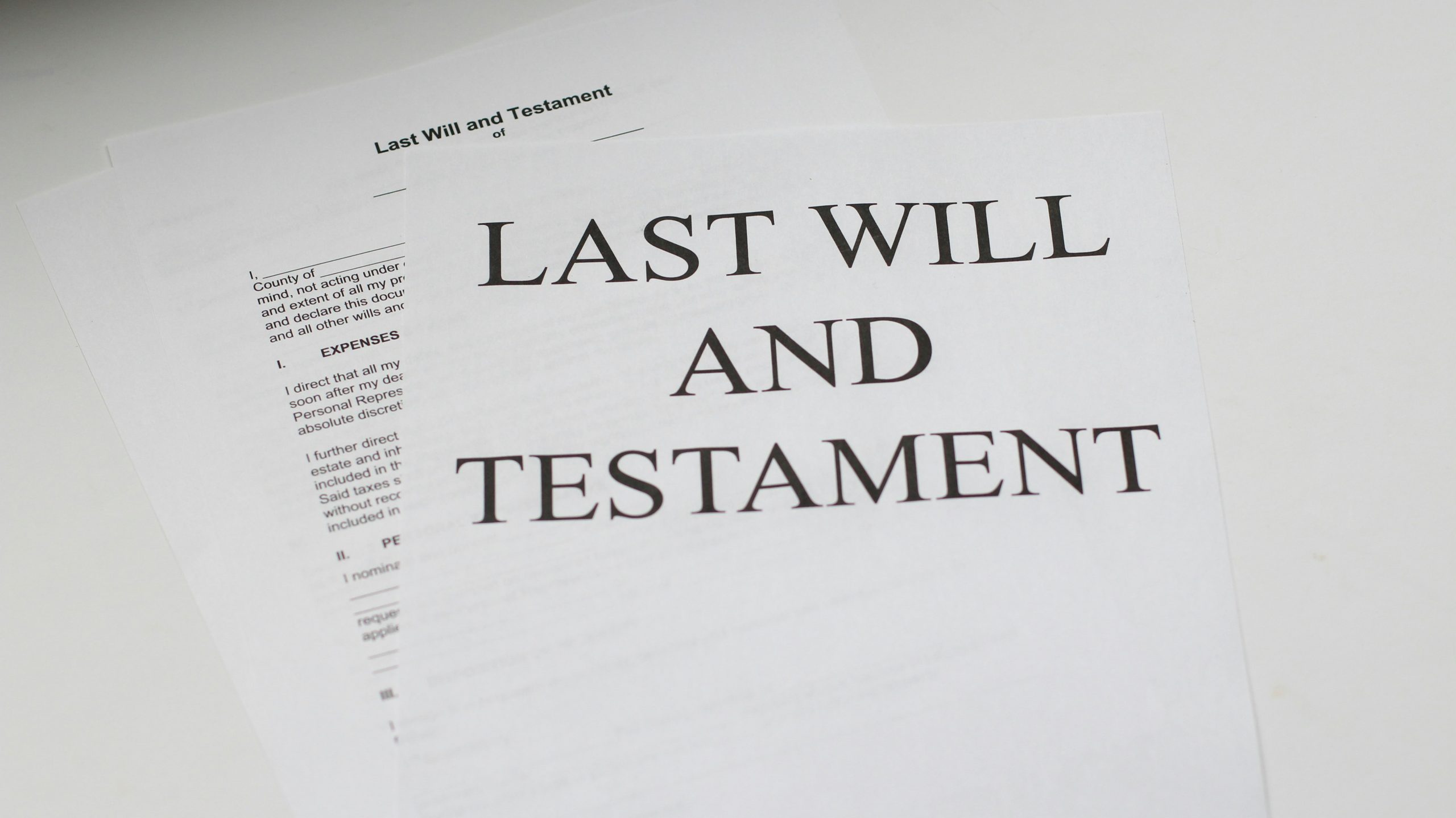Have you lived or worked overseas and acquired assets along the way? Do you also own property or have assets in Australia? It is important that you identify how succession law will apply to the assets in different jurisdictions.
To simplify succession law, Australia became a signatory to the Convention Providing a Uniform Law on the Form of an International Will 1973.1 This means your Australian Will would be recognised within the respective jurisdictions of the signatories to the convention. There are currently 13 countries which have acceded to the treaty which include the United States of America, New Zealand, Canada and the United Kingdom to name a few.
However, if the country in which you hold other assets is not a signatory to the convention, it may be necessary for you to create two concurrent Wills, one for each jurisdiction in which your assets are held. You should ensure that you obtain legal advice from an Australian lawyer and a lawyer within the other jurisdiction to ensure that both Wills are legally valid and that you do not inadvertently revoke one of your Wills when they are put in place. It is also important that you seek advice on how the different jurisdictions tax deceased estates. Although Australia does not have death duties, other countries such as the UK still apply inheritance tax which may have significant implications.
At Elringtons Lawyers we understand the complexity of succession planning and the importance of getting it right. Although we cannot provide UK advice, we have experience on what issues need be addressed. Should you have assets in multiple jurisdictions and wish to update your estate planning, call one of our experienced team members.
Further reading

elringtons lawyers regularly provide legal advice in relation to a range of estate planning matters. Please contact our Wills and Estate Planning Team for more information or to make an appointment call (02) 6206 1300












